Editor’s Note: The following contains spoilers for the third season of The White Lotus.
The most common complaint about The White Lotus’ third season was that it was just too slow, that it reveled in visual opulence while settling for a meandering plot. A memeable grin here or a lascivious monologue there notwithstanding, the HBO show didn’t feel like it was venturing beyond well-trodden jabs at the hollowness of wealth for much of its eight-episode run.
Until the finale, that is. Reconciled friendships. Broken vows. Revealed parentage. The specter of murder-suicide. Even a potential vision of God. It may have been too little too late; most reviews since the finale have ranked Season 3 as a lesser entry in The White Lotus corpus. But the finale more than delivered on long-awaited action: It gave us a shrewd vision of malaise, a bleak yet bracing account of the modern search for meaning.
This concern with meaning came up early in the finale, during one of its most memorable monologues. When Laurie, the Manhattanite workaholic played by Carrie Coon, breaks down with her fellow middle-aged friends, Kate (Leslie Bibb) and Jaclyn (Michelle Monaghan), she describes an adult life spent trying to make a “religion” out of work, love, and motherhood, only to be constantly let down. But she then concludes, “I don’t need religion or God to give my life meaning. Because time gives it meaning.” Amid the pettiness, inanity, and even deceit that characterized much of their friendship, Laurie is “just happy to be at the table” with Kate and Jaclyn. It’s an open question whether we ought to treat her declaration as closure or cope.
At least Laurie searches for meaning; others seem to leave it behind. Throughout Season 3, the security guard Gaitok (Tayne Tapthingthong) voices his opposition to violence, due to his Buddhist faith. He does so even though a love interest signals she views his peaceful demeanor as indicative of a lack of ambition. But when a gunman tries to escape the resort, Gaitok fires at him nonetheless—with lethal consequences. In the episode’s final montage, he’s promoted to be his boss’ personal body guard and shows no signs of feeling conflicted.
Then there’s Walton Goggins’ Rick. Earlier in the season, the distraught man revealed to his fate-fearing girlfriend, Chelsea (Aimee Lou Wood), that his father’s murderer owns the White Lotus. Rick spends the season obsessing over tracking him down—“I just need to look at his face and I need to tell him what he did to me”—and he eventually does, stopping short of killing him. But things don’t end there. The man returns to the hotel in the finale and, in a fit of panic and rage, Rick shoots him. Only then does he learn the Sophoclean truth: The man didn’t kill Rick’s father—he was Rick’s father.
Not every storyline in The White Lotus’ third season reaches such grim resolutions. Tim Ratliff, a Southern moneyman facing poverty and jail time for financial malfeasance, ends the season seemingly closer to his family. His son Saxon trades a fratty demeanor for seeming curiosity about finding meaning beyond sex and prominence. Even Frank—a friend of Rick’s and a recovering alcoholic—commits to the serenity of a Buddhist temple.
For creator Mike White, the throughline between these stories seems to be that there isn’t much of a link between agency and meaning. Some of his characters stumble upon meaning seemingly undeservedly, some search for it manically only for it to elude them. It was apropos that Goggins’ wrap-up post included a quote from the Aeschylus play Agamemnon; The ancient Greeks understood that the best course in life is to brace ourselves for an uncontrollable cosmos which may never fully make sense. “There is no mortal man who shall turn unhurt his life’s course to an end nor marred,” the play declares at one point.
But for all of the show’s nodding at spirituality, this season seemed more taken by our animality. Taboo-indulging scenes were among the most talked about. Primates pervaded the season; random shots of apes roaming through the Thai island were especially interspersed through the finale. It’s no surprise that, speaking to Andrew Sullivan about the show, White quipped, “We’re all monkeys, whatever, we’re all apes.” For him, it’s not that the gods are keeping meaning from us. Rather, it’s silly to expect mere monkeys to find it through their own machinations.
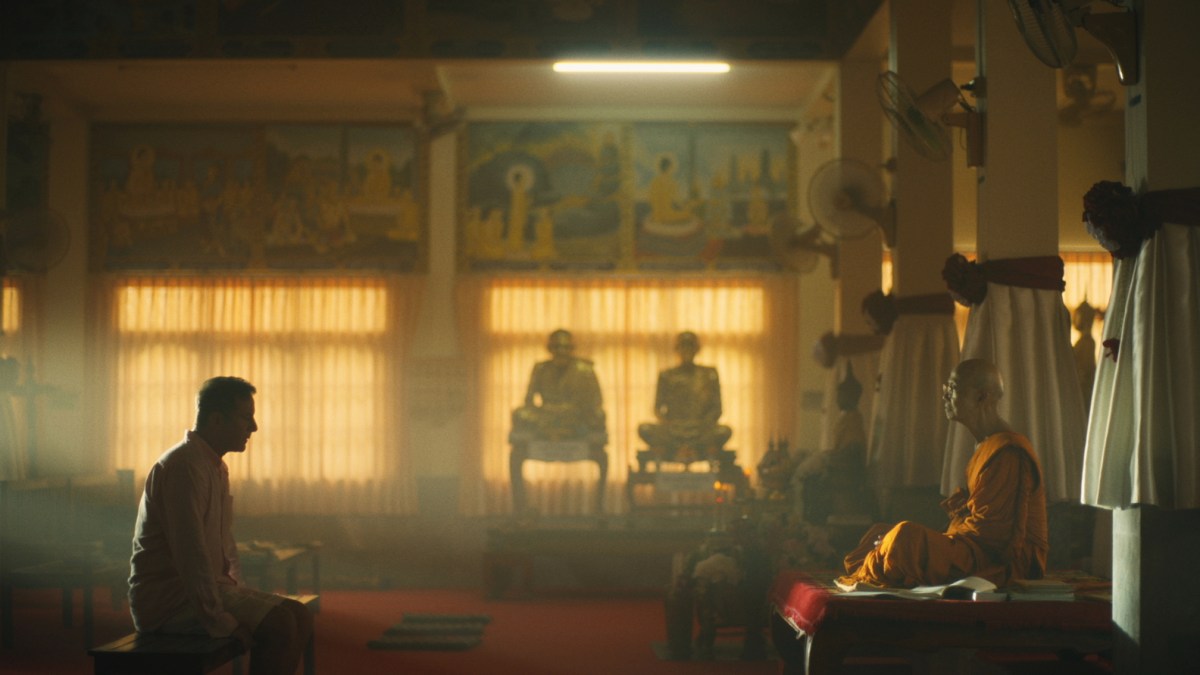
It might seem obvious that only a crisis of meaning can flow from this low view of human anthropology, a crisis that leaves, as the New York Times’ David Brooks suggests, many people “spiritually unfulfilled” and grasping for a “sense of belonging, moral meaning and existential purpose.” But despite White’s intention to lionize transgression, the many divergent paths his characters take show something other than a lack of meaning; they evince a cornucopia of meaning, an overabundance of potential ways to live life. The world of the show isn’t one where characters find the search for meaning futile and abandon it, but rather one where an overabundance of potential sources of meaning—wealth, love, sex, friendship, family, status, the divine—leaves them in a frenzied search.
This might seem like a distinction without a difference: Whether meaning eludes us because it doesn’t exist or because we can’t sniff it out from a wide range of possible sources, we still find ourselves adrift. But especially when many loud voices—those who decry the failures of liberalism or romanticize a past that never was—dismiss contemporary life as vacuous and senseless, the distinction that The White Lotus season finale brings vividly to life might just be an important one to internalize. Ample choices, after all, open up a possibility for deliberation, for picking between better and worse, higher and lower.
“If the best can never be definitively guaranteed, then nor are decline and triviality inevitable,” wrote the Canadian philosopher Charles Taylor in 1991. It’d be a stretch to say that the characters in The White Lotus model how one ought to go about discerning between trivial and better ways to live. But more than most prestige TV, its finale did suggest—however inadvertently—that the search isn’t a pointless one.
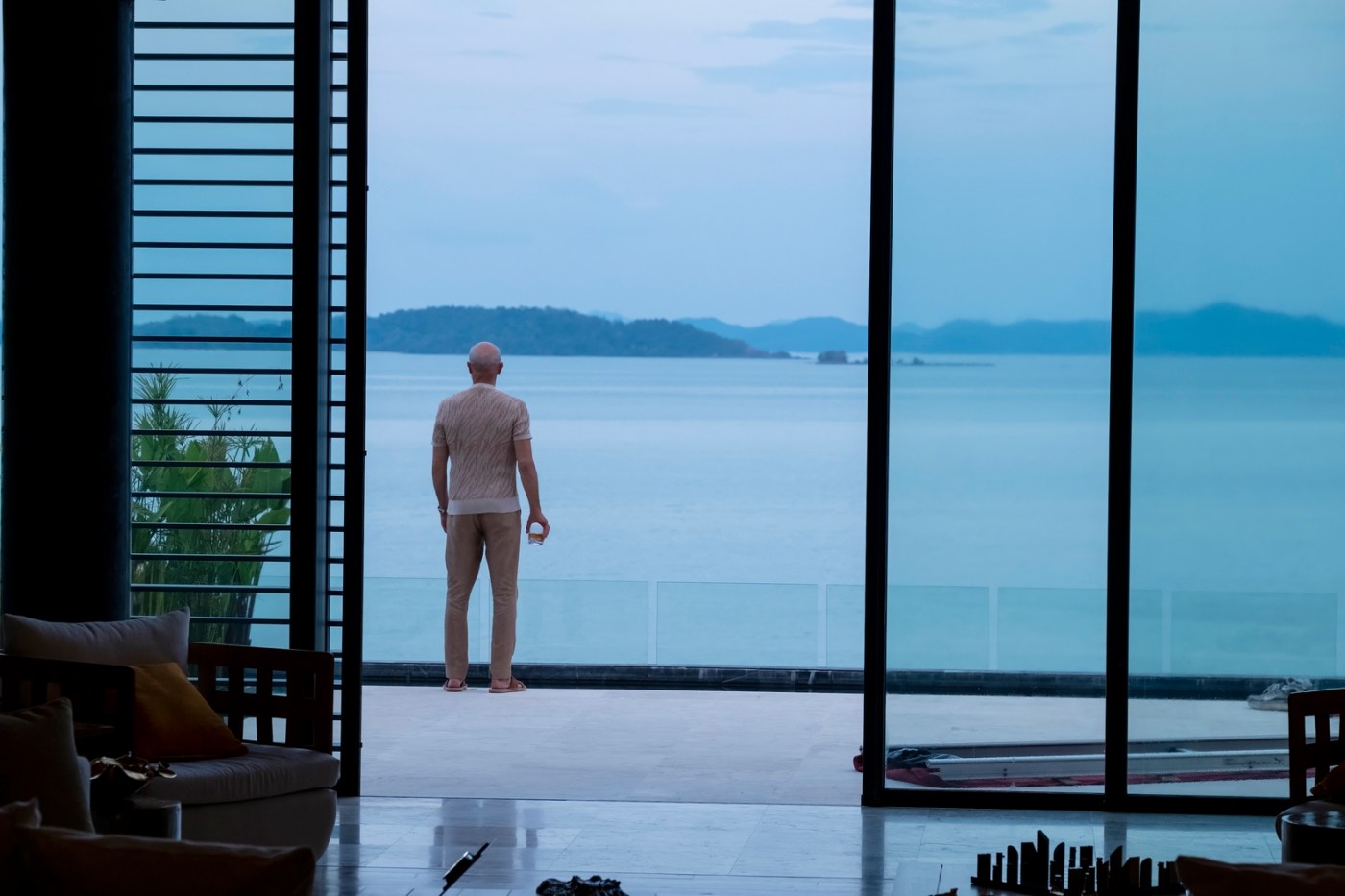

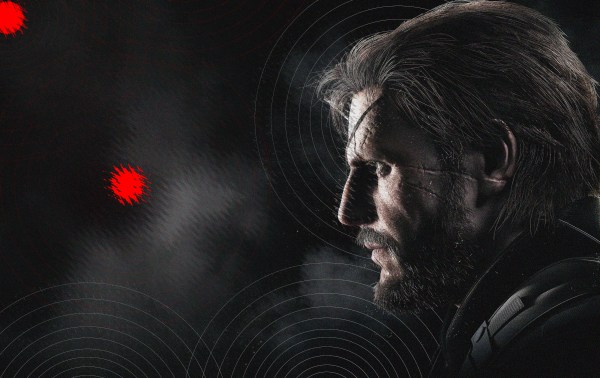

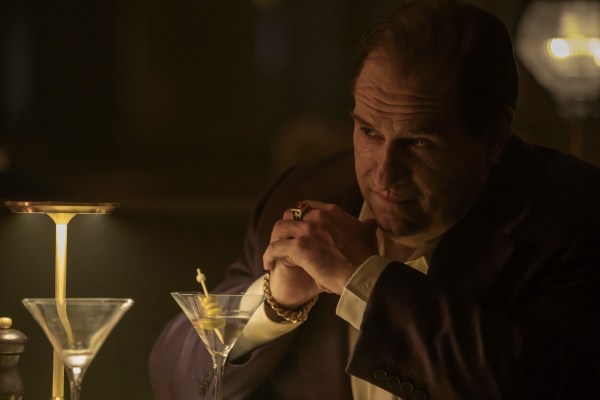
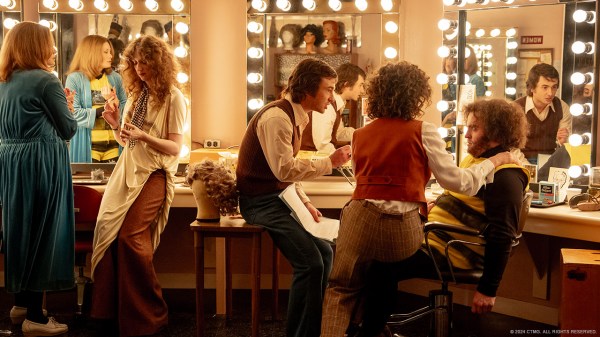
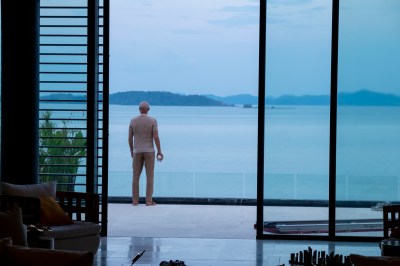
Please note that we at The Dispatch hold ourselves, our work, and our commenters to a higher standard than other places on the internet. We welcome comments that foster genuine debate or discussion—including comments critical of us or our work—but responses that include ad hominem attacks on fellow Dispatch members or are intended to stoke fear and anger may be moderated.
With your membership, you only have the ability to comment on The Morning Dispatch articles. Consider upgrading to join the conversation everywhere.